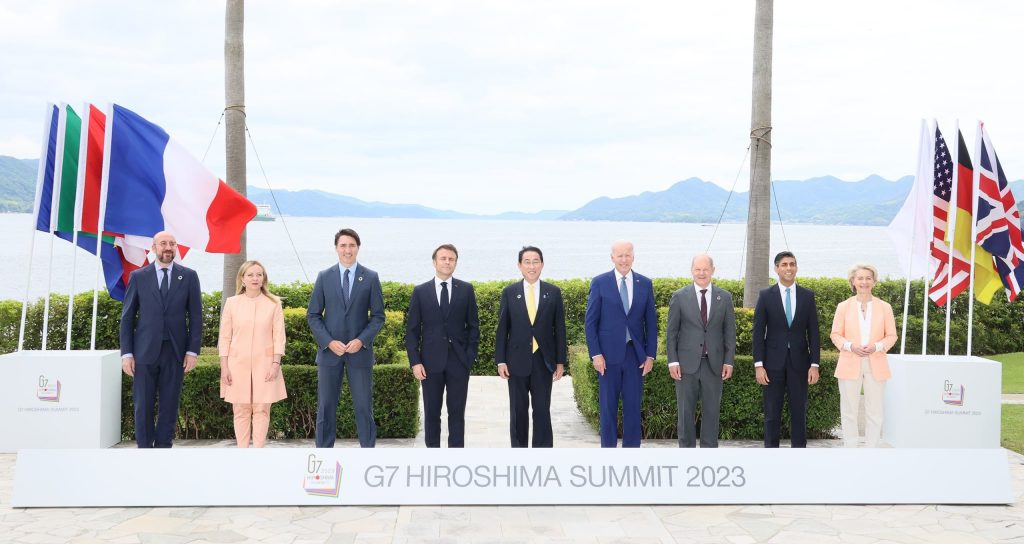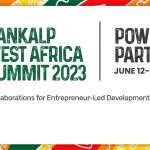G7 HIROSHIMA SUMMIT: WHAT’S IN FOR THE WORLD PEACE TODAY?
By Raymond Enoch
As the world peace continue to be threatened by wars and conflicts in Africa, Eastern Europe and debt crisis facing developing counties, the G7 Summit Hiroshima Japan 2023 received lots of media attention with the hope that its outcome would provide pathways for a stable international order.
The question in the minds of analyst and commentators is what is in it for a peaceful international order built around the Summit theme which is “Toward a Peaceful, Stable and Prosperous World”
The Summit which was held from the 19th -21st May 2023 at Hiroshima, Japan brought the G7 leaders along with the leaders of eight countries and Ukraine’s President Volodymyr Zelenskyy as a guest, discussed how to respond to the challenges to peace and stability that the international society is facing.
Paradigm News followed the G7 Summit for 2023 session noted that the host and Prime Minister of Japan Mr Kishida said that any unilateral attempt to change the status quo in Ukraine by force is unacceptable anywhere in the world and strongly appealed the necessity to end Russia’s aggression against Ukraine as soon as possible and uphold the free and open international order based on the rule of law. Prime Minister Kishida stated that it is important to promote realistic efforts toward the realization of a “world without nuclear weapons” to ensure peace of the international society in a increasingly severe security environment, and Russia’s nuclear threat, let alone its use is absolutely unacceptable.

Paradigm News noted also that all G7 Leaders who spoke at the Summit expressed grave concern on human suffering and negative impact on the global economy, including heightening energy and food insecurity, caused by Russia’s aggression against Ukraine and many other challenges of insecurity around the World and added that various challenges to peace and stability that the international society is facing, including in the Indo-Pacific and Africa, and shared the recognition and called for all countries should adhere to the principles of the United Nations (UN) Charter, including respect for sovereignty and territorial integrity.
They also reiterated the fact that confrontation should be resolved peacefully through dialogue and supported call for a just and durable peace that is based on respect for international law and the principles of the UN Charter.
They also called on all other world leaders to strive to uphold the free and open international order based on the “world without nuclear weapons” as well as the need to reform the UN including its Security Council.
The leaders of the participating countries reaffirmed that on such basis they will continue dialogue and address the challenges to peace and stability that the international society is facing.
Other Eight leaders of the countries invited to the Summit are Presidents of Australia, Brazil, Comoros (African Union Chair), Cook Island (Pacific Islands Forum (PIF) Chair), India (G20 Presidency), Indonesia (ASEAN Chair), Republic of Korea and Vietnam.










